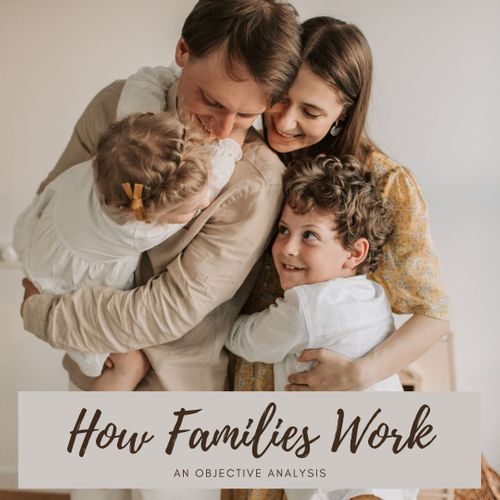How families work
Jul 18, 2021 · 2 mins read
0
Share

The family is the most basic unit of society, and tugs on our heartstrings. Yet families are also ‘systems’. Their structure, roles and rules can be objectively analysed. For a visitor from another planet, here is an introduction to the human family.
Save
Share
Hierarchies, positions and roles: To understand family as a unit, think of the larger society which has hierarchies, positions and roles that people occupy. Other than overt roles of being a ‘mother’ or the ‘breadwinner’, families also have covert psychological roles.
Save
Share
Psychological roles: The caretaker, the lost child, the achiever or golden child, the scapegoat, the peacemaker – these are identities that we take up to help preserve the structure called ‘family’.
Save
Share
For instance, if John and Mary have a troubled marriage, the child may become the peacemaker/troublemaker to take off the heat from the marriage. The child’s goal is for the parents to unite, since ‘marriage’ is the fundamental core around which a family structure develops.
Save
Share
Families are social systems that follow laws similar to a living organism. The first law of social organisms is that the whole is always greater than the sum of its parts. What does this mean?
Save
Share
In a society, the needs of one group is compromised for society at large. For e.g., healthcare workers willingly risk their lives during pandemics for the greater good. In a family, to keep the sanity and order of the whole, mental and emotional sacrifices are expected.
Save
Share
If you want to be accepted by the system, you have to do what the system wants. Rules bind the members, telling them what is acceptable and what isn’t.
Save
Share
Explicit rules can be as simple and trivial such as having dinner together or showing gratitude to a partner before bed. These more obvious relationship rules everybody knows and is happy to express or talk about.
Save
Share
Implicit rules are those which everybody knows but no one talks about. They generally revolve around sensitive subjects such as sex and religion, or who has the last word in financial matters. Implicit rules help define the roles within a partnership or family.
Save
Share
Bottom line: Objective analysis of family structures, roles, rules and principles, can help us understand the family’s influence in our lives. We can identify the issues that need resolution or just a conversation, and be empowered to take our family in a healthy direction.
Save
Share
0